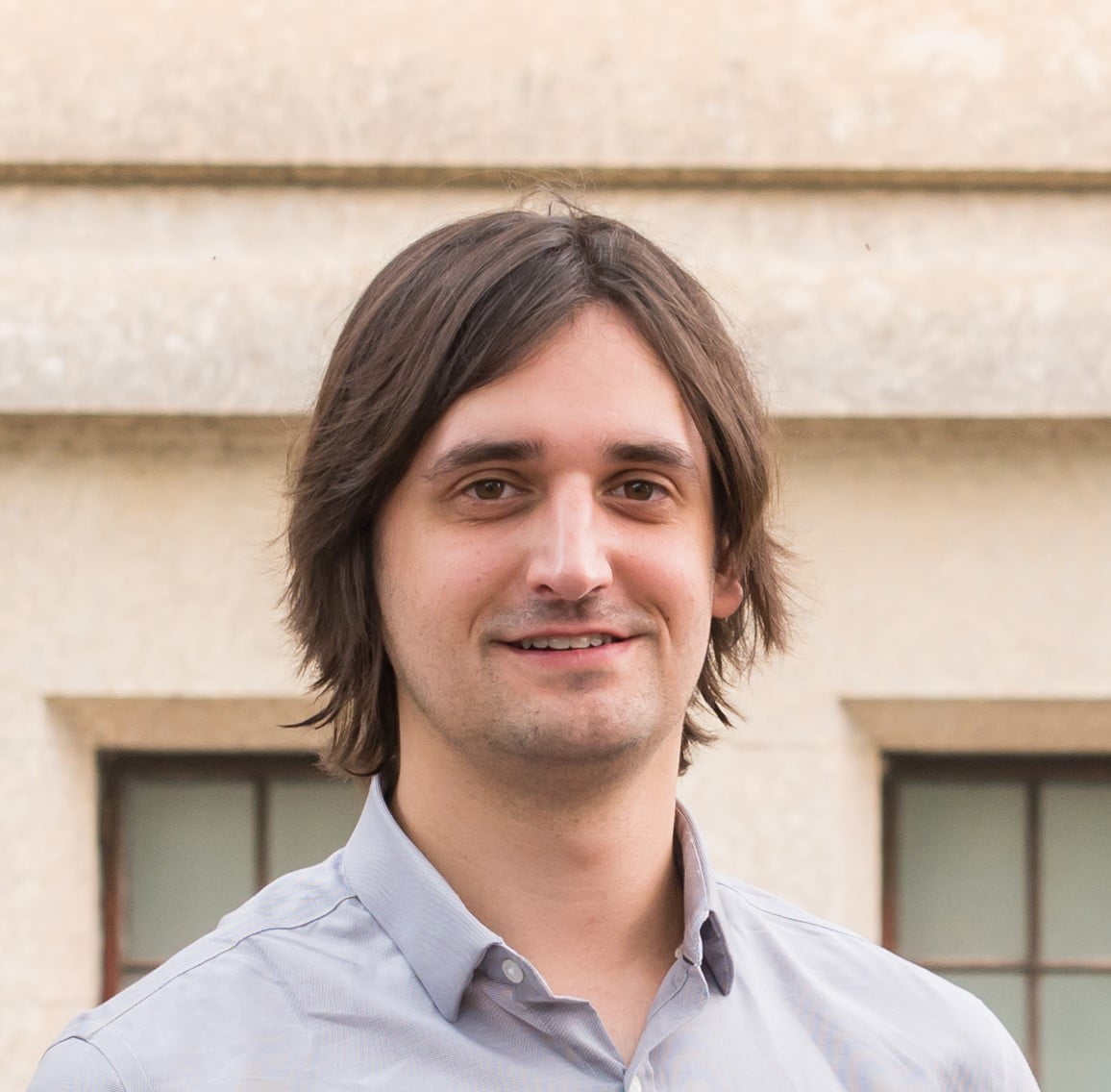While Free Open Access Medical education (FOAMed) has established itself as a key tool for the dissemination of medical knowledge, especially in Emergency Medicine,1 most of the authors are senior residents or staff physicians. While most trainees are using it for educational purposes,2,3 they are rarely taught how to produce this type of content. We designed a Junior Editor (JE) program for our blog with the goal of fostering the skills necessary to begin contributing to FOAMed in medical students and junior residents.

Figure 1. CanadiEM Junior Editor Process.
How we did it
A call for JEs with a description of the position was posted to the CanadiEM website last year. After review of applications, 10 candidates joined the Junior Editor program, were given online training sessions, and collaboratively created an orientation document. JEs then put these skills into practice by volunteering for editorial tasks. Posts were reviewed by a Senior Editor before publishing and feedback was given to the JE on how to make their edits and uploads even better.
When the Junior Editors were brought on board they were each provided training on the use of the WordPress blogging platform for uploading posts and the optimization of blog posts for search engines. They were then added to the CanadiEM Slack platform where they could volunteer to upload posts and do any other work that was required to operate the blog. Some of them received training in additional skills such as the use of social media for promotion, the editing and uploading of podcasts, and the creation of infographics.
The results
Every one of the JEs helped facilitate the publication of at least a single post. After 8 months, the JE program yielded 6 active editors who maintain a strong workflow and strong social media skills who are actively involved in developing their own content for future posts. The JE program is a strong pathway to introduce medical trainees to both the technical and creative aspects of FOAM and serves as a novel approach to transition students from the passive utilization of online content to active contribution. They facilitate the ability of CanadiEM to publish posts by numerous authors, the large majority of whom are unfamiliar with the publication platform.
Discussion
Based on our experience this year, the Senior CanadiEM Editors firmly believe that Junior Editors have a significant role to play on our blog. While we have yet to investigate their experience, the ongoing activity of many of the JEs suggests that they feel that they are gaining valuable experience and learning skills that will help them in the future. In particular, we suspect that their editing and writing skills are likely to have improved, to say nothing of having a skillset that is increasingly in demand by residency programs and researchers who may wish to publish and promote their own content. We would encourage other Free Open Access Medical education websites to consider the recruitment and training their own crop of Junior Editors.
The Call
Speaking of which, we are about ready for round two! If you would like to learn about FOAM and contribute to the growth and evolution of CanadiEM, we want to hear from you! To apply, please send your CV and an outline (<500 words) of why you would like to join our editorial team to Brent Thoma by June 15th, 2017. Also, if you happen to be at CAEP in Whistler, please attend our moderated poster presentation at 13:00-13:10 or stop by to check out the poster and say hello!
Editor’s Note: An abstract which corresponds to this blog post will be presented at the Canadian Association of Emergency Physicians Annual Conference on June 6th, 2017.




